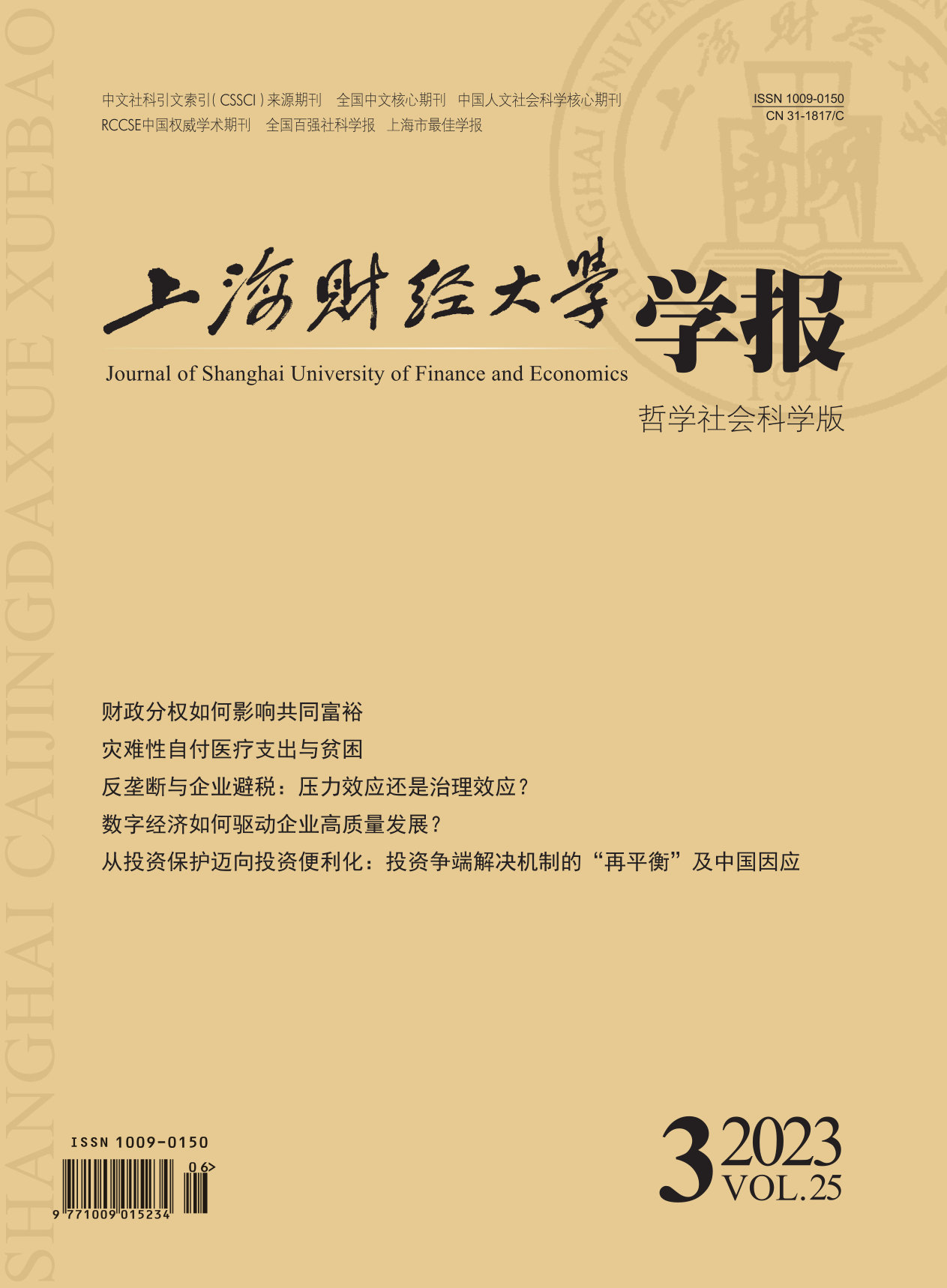Considering the existing theoretical views and recent development trends of competitive neutrality, “competitive neutrality” in the narrow sense should refer to a public policy environment in which the market position of competitors is determined by commercial conditions and is not affected by differential treatment by public power organizations or public functional organizations. In the above definition, “market position” refers to the difference in the ability of competitors to acquire, use and exchange market resources. “Commercial conditions” refer to the efficiency of competitors’ use of market resources, as well as the behavioral logic of market activity entities seeking to maximize transaction surplus. Obstruction of competitive neutrality without justifiable reasons, that is, the existence of a “distortion” of competition or competitive neutrality, and the abandonment of competitive neutrality based on justifiable reasons, can be called a “exemption” of competitive neutrality. In a broad sense, value judgments, regulatory principles, policy orientations, institutional arrangements, and order states related to the maintenance or deviation of competitive neutrality are all areas of concern for competitive neutrality. Organizations that enjoy public power and undertake public functions take the leading, guaranteeing, regulating and adjusting behaviors for the implementation of competitive neutrality, namely, “competitive neutraity regulation”.
The subjects to the competitive neutrality regulation in China should be divided into “regulatory subjects” and “regulated subjects”. Among them, regulatory subjects include political leadership organs, organs of state power and other organizations with public power; regulated subjects include institutions with administrative power, as well as other organizations that are not administrative organs but actually undertake public functions; administrative organs and other organizations with public power are both regulatory subjects and regulated subjects.
The scope of subjects subject to fair competition review under the new Anti-monopoly Law is narrow, which may lead to the disguised circumvention of the fair competition review system, an important competitive neutrality regulation measure, and thus lose its effectiveness. To this end, consideration should be given to adding the following clauses to the new Anti-monopoly Law in the future: “Administrative organs or other organizations with public affairs management functions shall not abuse their power, obstruct other business operators from entering the relevant market, or treat other business operators unequally, to eliminate or restrict competition; in accordance with laws and regulations related to government procurement, bidding, and the supervision and management of state-owned assets, organizations with the obligation to safeguard fair competition shall not violate their obligations by obstructing other business operators from entering the relevant market or treating other business operators unequally”.





 5818
5818  5168
5168

